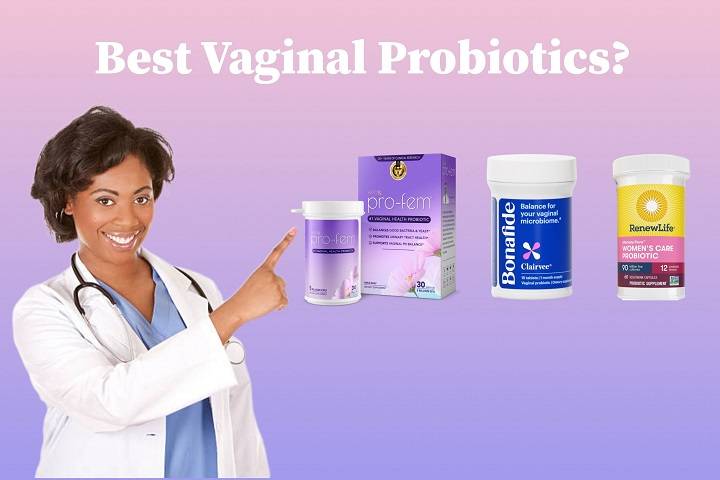Vaginal health is a topic that often goes undiscussed, yet it is of paramount importance to a woman’s overall well-being. A balanced vaginal ecosystem is crucial for preventing infections and maintaining reproductive health. Probiotics, the friendly bacteria that inhabit our gut, have gained significant attention for their potential to support vaginal health. In this article, we will delve into the world of probiotics and explore their role in promoting vaginal health.
Understanding Vaginal Health
The Vaginal Microbiome
The vagina has its own unique ecosystem, known as the vaginal microbiome. This microbiome is primarily composed of bacteria, which can be either beneficial or harmful. A healthy vaginal microbiome is dominated by beneficial bacteria, primarily Lactobacillus species, which help maintain the vaginal pH balance and prevent the overgrowth of harmful microorganisms.
Common Vaginal Issues
Imbalances in the vaginal microbiome can lead to various health issues, including:
- Yeast Infections: Caused by an overgrowth of Candida, leading to itching and discomfort.
- Bacterial Vaginosis: Characterized by an overgrowth of harmful bacteria, resulting in a fishy odor and unusual discharge.
- UTIs: Urinary tract infections can be influenced by vaginal health.
Probiotics and Vaginal Health

What Are Probiotics?
Probiotics are live microorganisms, often referred to as “good” or “friendly” bacteria. They are commonly found in fermented foods, dietary supplements, and even in the human body, including the vaginal environment. Probiotics have been shown to provide numerous health benefits, including support for the vaginal microbiome.
Probiotics and Vaginal pH Balance
Lactobacillus, one of the key probiotic strains, helps maintain the ideal pH level in the vagina, which is slightly acidic (around 3.5-4.5). A balanced pH level prevents the overgrowth of harmful microorganisms and helps ward off infections.
Probiotics and Yeast Infections
Probiotics can help prevent and alleviate yeast infections by outcompeting the Candida yeast. By restoring a healthy balance of vaginal bacteria, probiotics can reduce the risk of recurrent infections.
Probiotics and Bacterial Vaginosis
Probiotics also play a crucial role in preventing bacterial vaginosis. They work by inhibiting the growth of harmful bacteria, which can lead to the unpleasant symptoms associated with this condition.
Probiotics for UTI Prevention
Emerging research suggests that a healthy vaginal microbiome supported by probiotics may reduce the risk of urinary tract infections. By maintaining a balanced ecosystem, probiotics help prevent the spread of harmful bacteria to the urinary tract.
Choosing the Right Probiotics
Probiotic Strains
Not all probiotics are created equal, and not all strains are equally effective for vaginal health. Look for probiotics containing Lactobacillus rhamnosus, Lactobacillus reuteri, or Lactobacillus acidophilus, as these strains are known to support vaginal health.
Delivery Methods
Probiotics are available in various forms, including capsules, tablets, powders, and vaginal suppositories. Choose a delivery method that suits your preferences and lifestyle.
Dosage and Frequency
Consult with a healthcare professional to determine the appropriate dosage and frequency of probiotic supplementation for your specific needs. The recommended dosage can vary depending on the product and the strain of probiotics.
Maintaining optimal vaginal health is crucial for a woman’s well-being, and probiotics can play a significant role in achieving this. By supporting the vaginal microbiome, probiotics help maintain a balanced pH, prevent infections, and alleviate common issues like yeast infections and bacterial vaginosis. When choosing probiotics for vaginal health, it’s essential to select the right strains and delivery methods. Consult with a healthcare professional to ensure you are making the best choices for your individual needs. In this way, you can harness the power of probiotics to promote and protect your vaginal health.

